I tried bonding with nature once. I said to a tree, “You know, we’re not that different. I shed hair, you shed leaves, it’s practically the same.” The tree just swayed in the wind, probably thinking, “I don’t have bad hair days, buddy!”
***
It was a peculiar hair day that Saturday afternoon, June 17. The corner sofa in her living room seemed so small, as if shrinking. All covered in books and note pads that she had meticulously piled up to study for the summer exams session. Taking up so many roles in her life and be a university student again at the age of 40 can be exhausting.
She starts running her fingers through her hair, striking it to relax. The room looks so crowded, yet she feels still alive inside. A trip to the mountains, escaping the heat waves of the city, would have been great! But exams are not finished yet. She sits on the same sofa that has kept her still for the past two years during the pandemic. She takes her favourite book, gently feeling the cover and gazing the worn out pages, whispering: “I may know you by heart, but we could use some time apart. Damn, I need a fresh start!”
Her hands start moving on the other side of the sofa, reaching out for her laptop. She grabs it and holds it tight for a while. So cold! It feels good. Her favourite book is not cold.
She types Erasmus+ program for learning facilitators. She feels this calling in her body. Chilling shivers climb up her spine as she keeps scrolling down line by line until one, two, three, four, five… six questions show up: “Who? What? Where? When? Why? How? Fostering Critical Thinking in Youth”.
The questions start rolling down in her mind like a snowball. What is it? When is it? For whom is it? What if I joined? When is the application deadline? By midnight? Tonight?! She instinctively pushes aside her books, as if making room for a better focus on the laptop screen. One of the first questions in the form stirs up her curiosity: Why do you want to join this program? Self-doubt comes up out of the blue. What if I know too much? Or too little? Is this really for me? She takes in the question again, breathing slowly: why do you want to take this course? She closes her eyes, whispering to herself: “I may think I know you by heart, but let’s face it: there’s always room for a fresh start!”
A few hours go by like minutes. She is done. She can’t even remember a word of what she has written. She has fallen into a state of flow as if during one of Tim‘s free writing sessions. A new vibe slowly makes its way up her body, her hair standing on end of her arm as if full of excitement – warm and cold at the same time. Even if not selected, this feels right!
Days go by like hours. June 28th, 4 pm. She is on the bus. The final exam is over. An email message drops in earlier than expected: “You have been selected to attend the… France… September 11-18… please confirm…”
Heart starts rushing. Brain freeze. She reads it one more time. Her colleague in the nearby seat is looking at her for an answer. Shhh… Wait… I can’t talk. Is this for real? Thoughts start slowing down. Her fast-paced heartbeat turns into a smile and a sign of gratitude. The calling is real!
Two months later, her journey arrives.
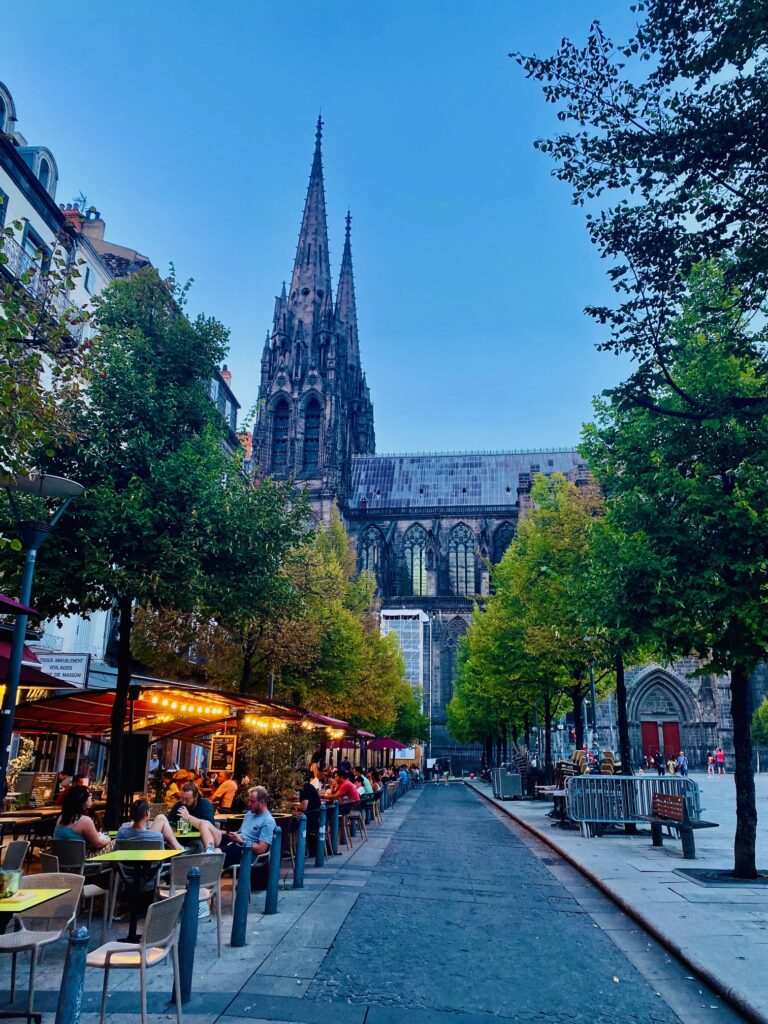
After a two-hour flight across the French Alps, three hours of waiting in the airport and another two hours on the bus, she finally arrives in Clermont-Ferrand. It is night time, but thankfully she is here two days in advance. Enough to clear her mind and let go before it starts.
So she takes things slow, walking into majestic buildings made of vulcanic rock, indulging into new sounds and asking people for directions in French just out of pleasure. She has GPS anyway…
She hasn’t spoken French in 20 years! She thought she has forgotten it. But as she keeps listening and speaking it, words would easily fall into place. Everything sounds tasty and deep like croissants, éclaire, amour. She feels empowered and relieved – it’s okay to take a two-decade break, it will come back to you.
Two days later, she finds herself in a new place, the middle of a forest in Centre de Theix. This cosy place reminds her of the woods back home, where she would lie on the grass, smelling the fresh air or swing in the hammock, watching the sky.
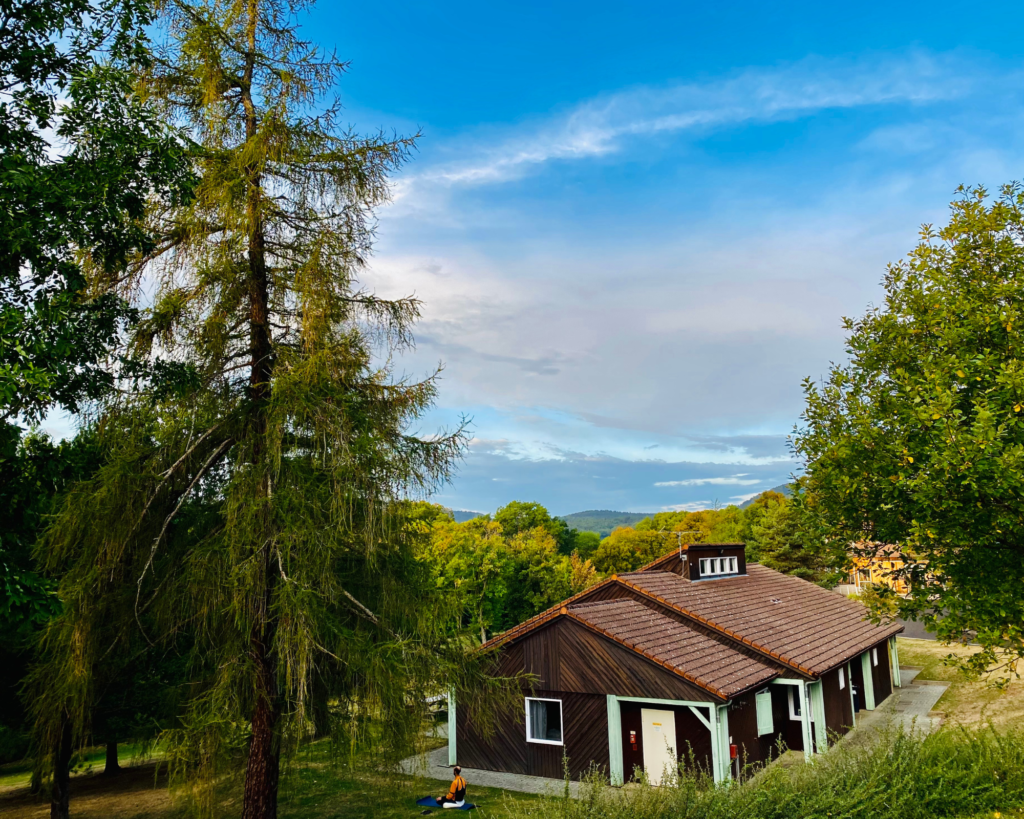
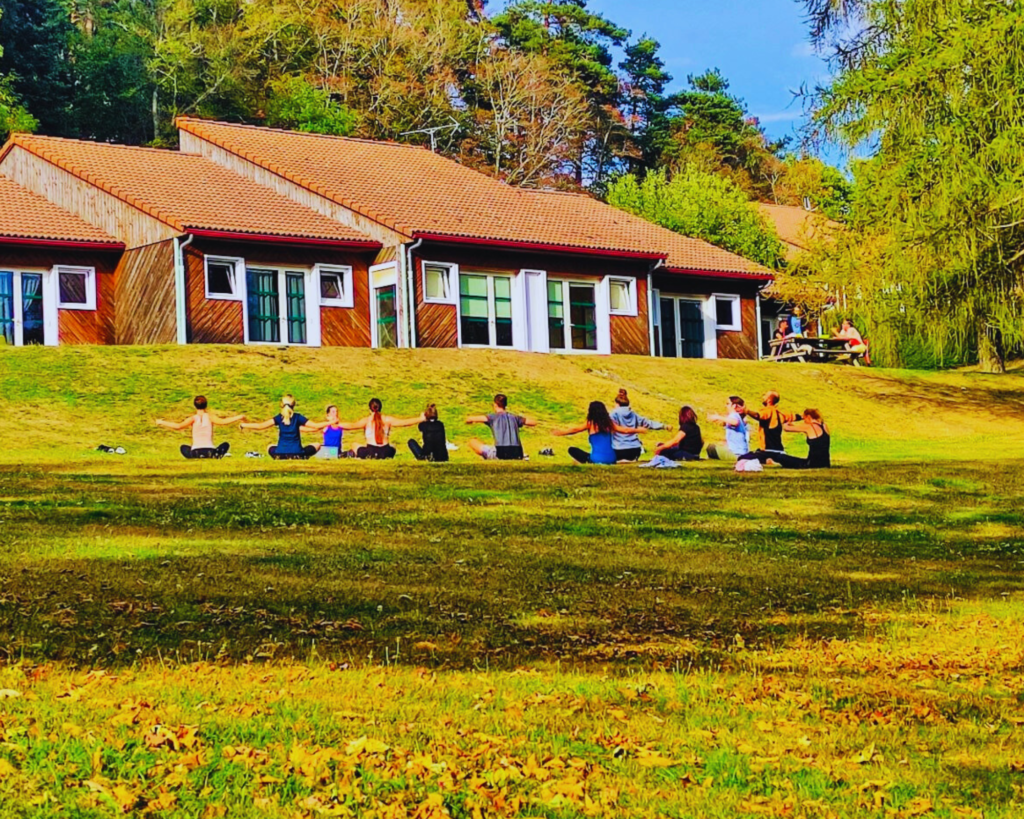
Each morning she would open the door of her room in the girl’s chalet, welcoming the cold breeze and the silence of the trees. She breathes in deeply, slowly and in complete awareness.
Then she would walk up the hill, go to her secret spot, play her favourite song in the headphones and start dancing.
However, the forest is far from being silent. Curious, tiny and self-autonomous ecosystems are about to unfold. Bumping into each of them may be quite challenging. She needs strength to acknowledge her curious nature and avoid getting trapped into a type of familiarity that might alter her experience of the new. She is self-ruling, but needs to walk the path of surrendering to learn better. Both leadership and followership.
So she takes another deep breath and opens up about her feelings: This reminds me of something I already know. And this reminds me of someone I used to know. I want to be free again. I want to give back what is not mine. I want to feel free to explore anew! Isn’t this what critical thinking is all about?
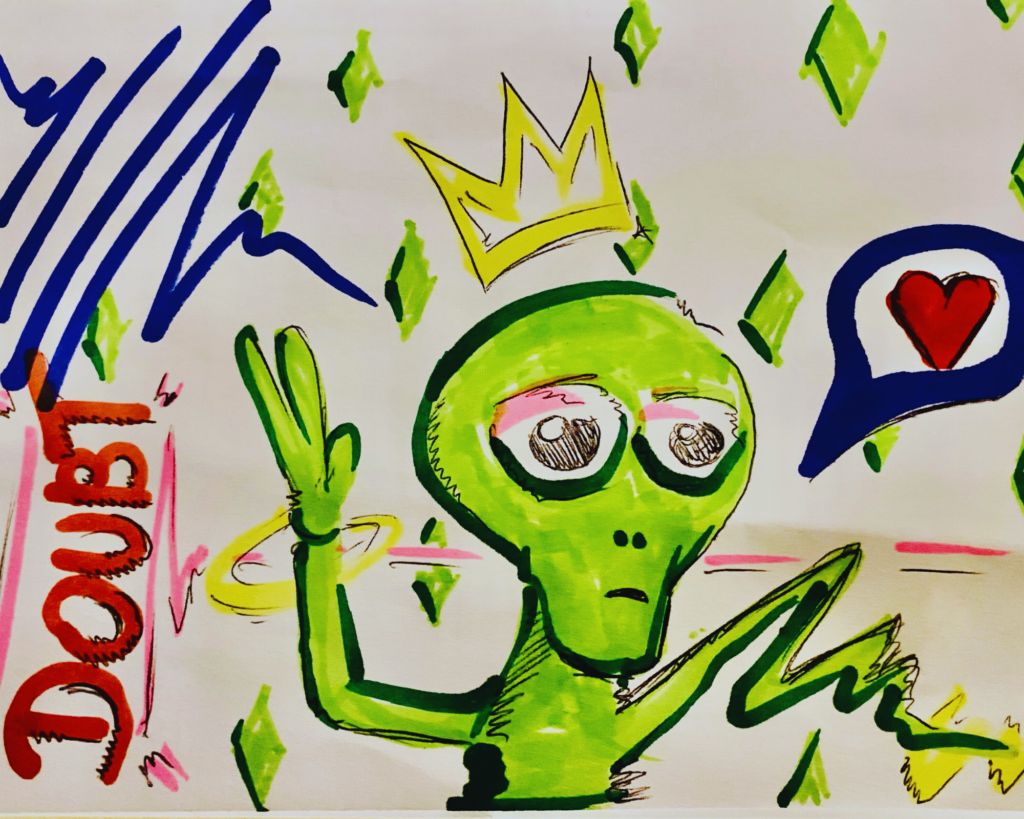
This open acceptance sets her free from distraction. Now she can ask herself the real, critical questions:
- What should I be more aware of?
- What are my rules and what changes do I need to make about them to take a new path?
- What boundaries have I crossed and what boundaries do I need to draw further?
- How else can I connect to build something new?
These wonders keep feeding her curiosity even more than the abundent plates of delicious local French fromage during lunch and dinner.
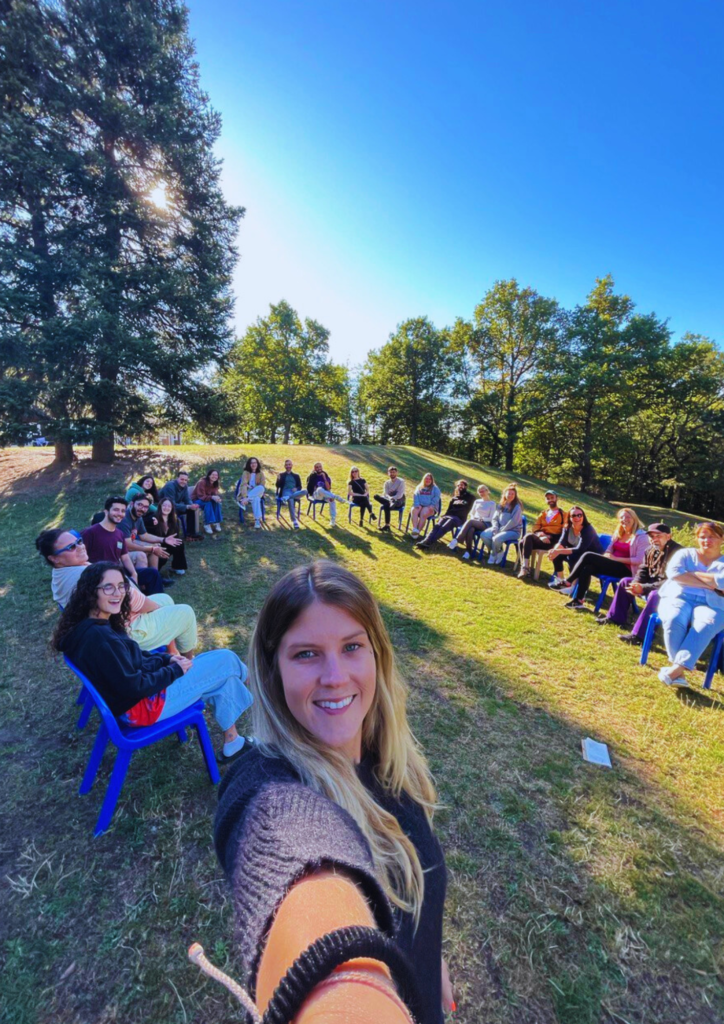
She learns that fear, knowledge, cognitive biases, overconfidence and time can be both friends and foes when fostering critical thinking. The more and deeper roots you grow, the more difficult it is to move out of them.
She notices that a good critical thinker, similar to a tree, is able to hold their natural ground in the forest and at the same time fight gravity and their own wight to nurture their way out towards the sky.
So she surrenders her creative mind. Embodying what critical thinking feels like – a movement, a gesture, an object, a verbal message – is critical for the learning process. Mental, emotional, material or physical anchors help her ground herself and balance energy between chaos and order. Slow speaking, slow listenings, slow thinking, slow eating, slow living. This is how she can make room to breathe and think better.
She immerses in different languages, mindsets and cultures, various rhythms of speaking and connecting. Indulging in delights from each of the 6 countries – Croatia, Cyprus, France, Romania, Spain, Turkey – can be such an enriching, yet challenging experience for a foodie! It takes critical thinking skills to decide when to stop savouring the food and focus on culture! Thankfully, the traditional night celebration also involved witty games, time-bound quizzes and folk dancing.
Then time comes to change the pace. Pay attention to details, pick up small words of wisdom and take awe in skills, crafts and stories from other realms, like Albania, Belgium, Greece, Portugal, Tunis or Ukraine. She notices that diversity is more than just people’s legal nationality. It’s also about their place of love, birth, growth, freedom, profession, heritage or preference for living. They all need to be listened and honoured during the critical thinking process!
Variety of people, topics and ideas help her diverge thinking and use creativity to imagine possibilities. While convergent thinking helps her make choices and channel efforts to implement. She remembers how intense was for her to write those outputs for the group practice. She felt clear-minded and laser-focused! And happy she didn’t carry her laptop for nothing, but actually used it. In the forest!
Similar to her peers, she is looking for kindness, suspending any judgement, either jokingly or seriously. There is no room for ego in this forest. Actually, this is the first thing that melts away when sharing such a rich and majestic environment to learn. No arrogance, no self-sufficiency, no malice. But sheer kindness.
In this place, there are no walls to trap vulnerability inside and throw stones at. Forests invite people to embody freedom to grow. Here, pain turns into delicious pain au chocolat.
One whole week flows by like a day.
Talks, walks, star gazing, thinking… Then letting go. It is hard.
Six o’clock in the morning is not the best time to say goodbye to the stars. Or the people.
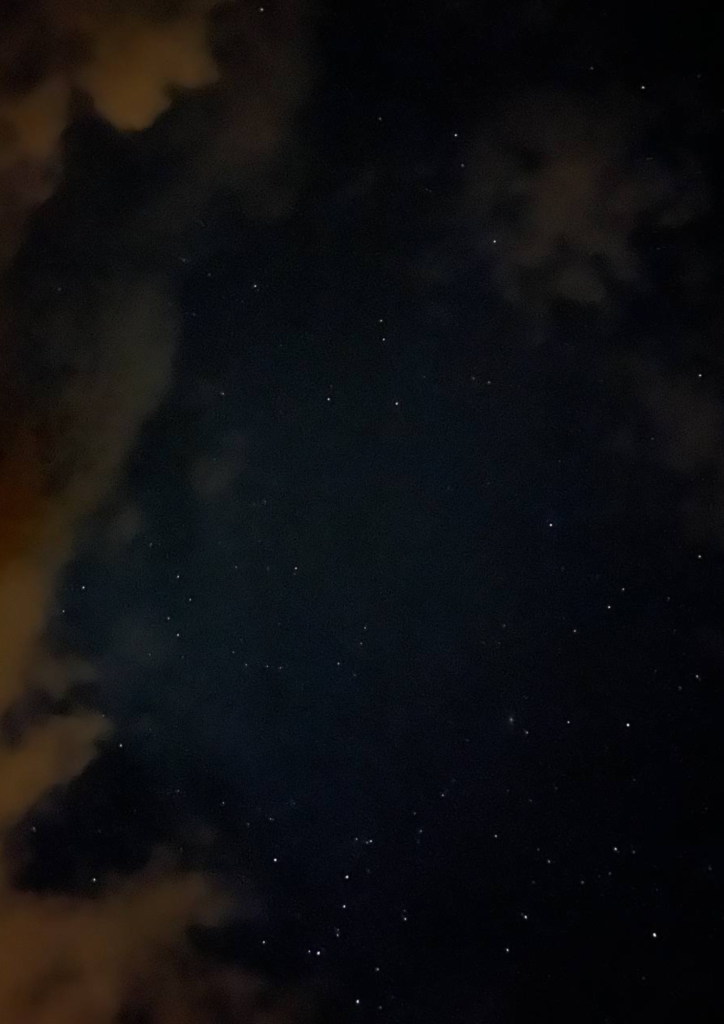
Back from the forest, into a new city.
Critical questions arise: How could she turn her vibrant learning experience into a plateau de fromage that opens anyone’s appetite for critical thinking? How could she reveal people that being a critical thinker actually starts with connecting to your creative mind?
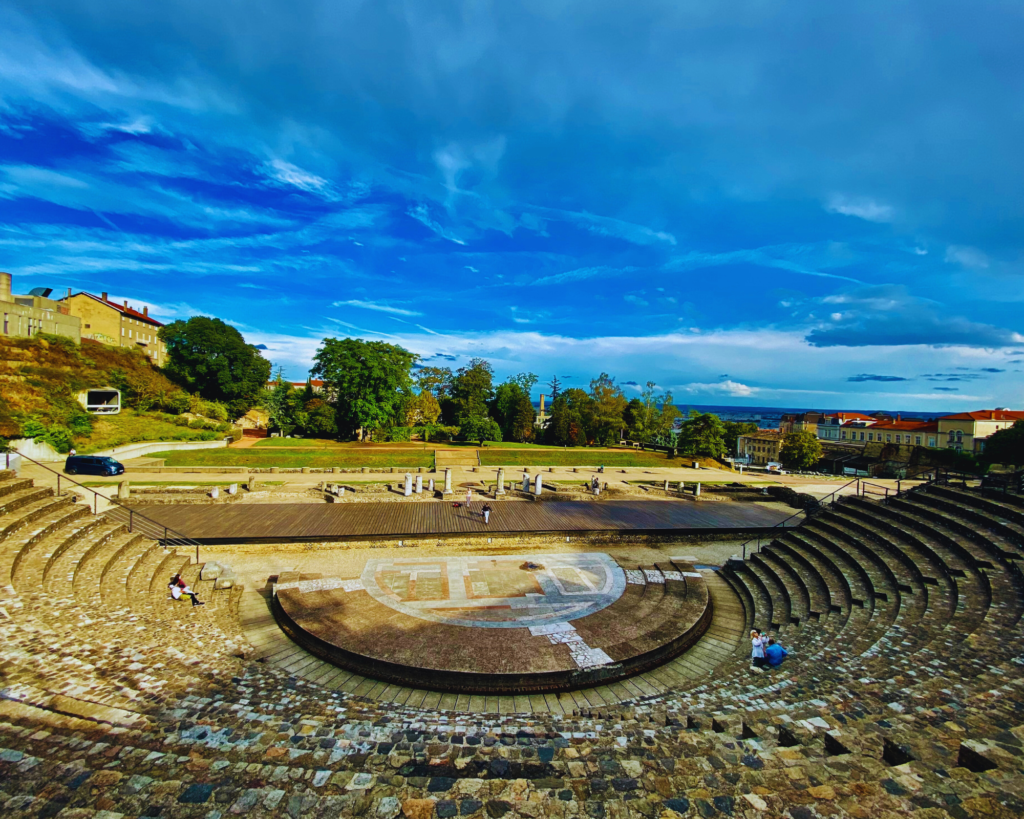
As she takes one last look across the stones of the ancient Gallo-Roman Amphitheatre, it starts raining softly. From up here she can see far and wide. She feels like a queen. She would soon know why.
Let’s treat ourselves like kings and queens! It’s our last day together here. They decide to slow down time by enjoying each moment in full – eating tasty, drinking healthy, sharing deeply.
Her mind wanders the streets, noticing a duga or “rainbow”, “arc-en-ciel”, “curcubeu”. Such different words for the same feeling of clarity, hope and joy after the rain!
Footsteps lead her up and down the hill of this seemingly busy town, the city of lions and of writer Antoine de Saint-Exupéry. It feels like the safest city in the world, built for the people.
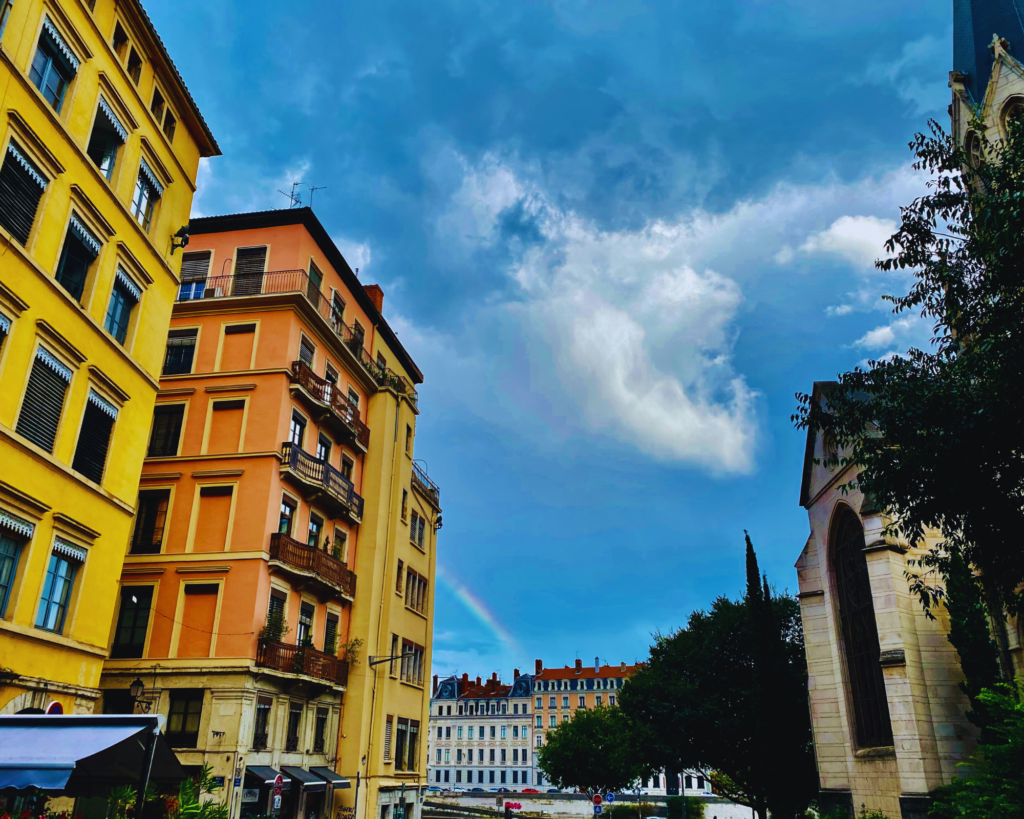
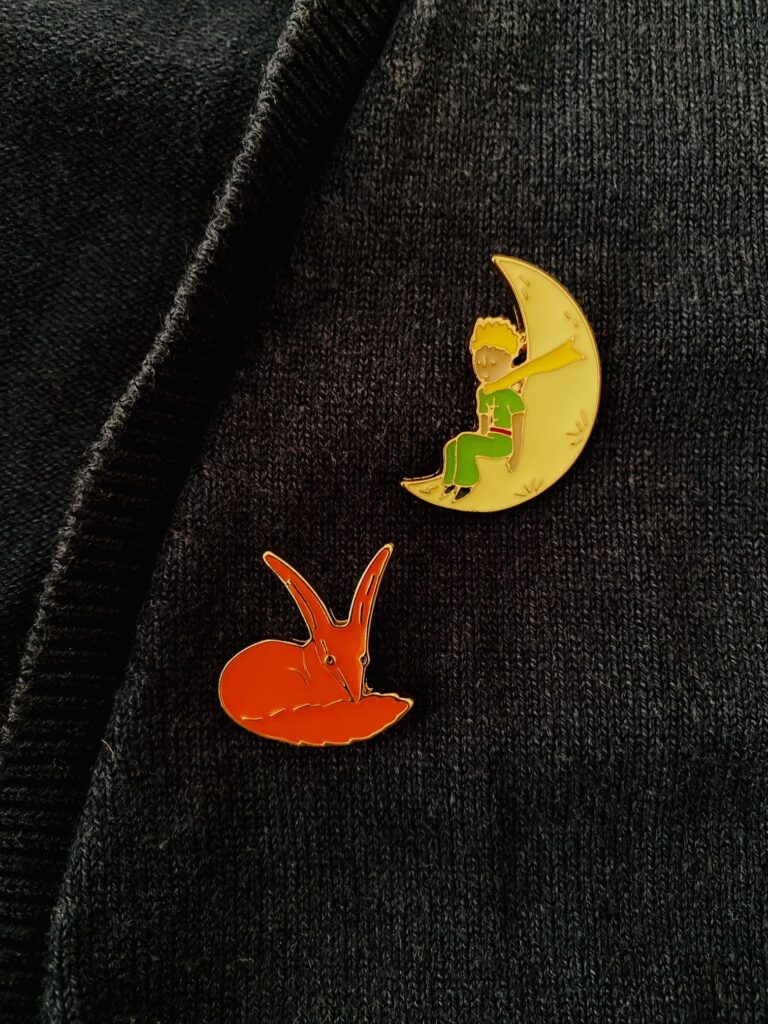
She enters the Little Prince souvenir shop and buys herself a gift: one pin of the Fox and one of the Little Prince sitting on the Moon.
A reminder to wear a blended outfit of kindness and curiosity to spark and foster critical thinking. Stay strong, both grounded and open minded.
It is a great hair day this Tuesday afternoon, September 19. The sofa in her living room has been waiting for her patiently to return. It looks so much more than just a tight, shrinking piece! She remembers it can turn into an expandable bed. This solo traveler may have bumped a few corners returning from the wild, but now definitely has more space to enjoy!
***
This story is for the playful minds who like bending thinking and want to integrate creative practices like free writing, visual storytelling or unconventional structures into event disseminations or presentations.
Treasuring creativity, I see it as a natural energiser that shapes and stirs information into engaging and inspiring conversations!
The thinking frame I used to reflect, build and let ideas unfold is Hero’s Journey structure by Joseph Campbell, American myth and religion scholar, researcher, writer and orator known for his work in the fields of comparative mythology and comparative religion. Here is a very clear and insightful article on the topic, skilfully written by my dear friend and colleague François Coetzee from South Africa with whom I share the love for coaching and creativity.
“If you can see your path laid out in front of you step by step, you know it’s not your path. Your own path you make with every step you take. That’s why it’s your path.” – Joseph Campbell
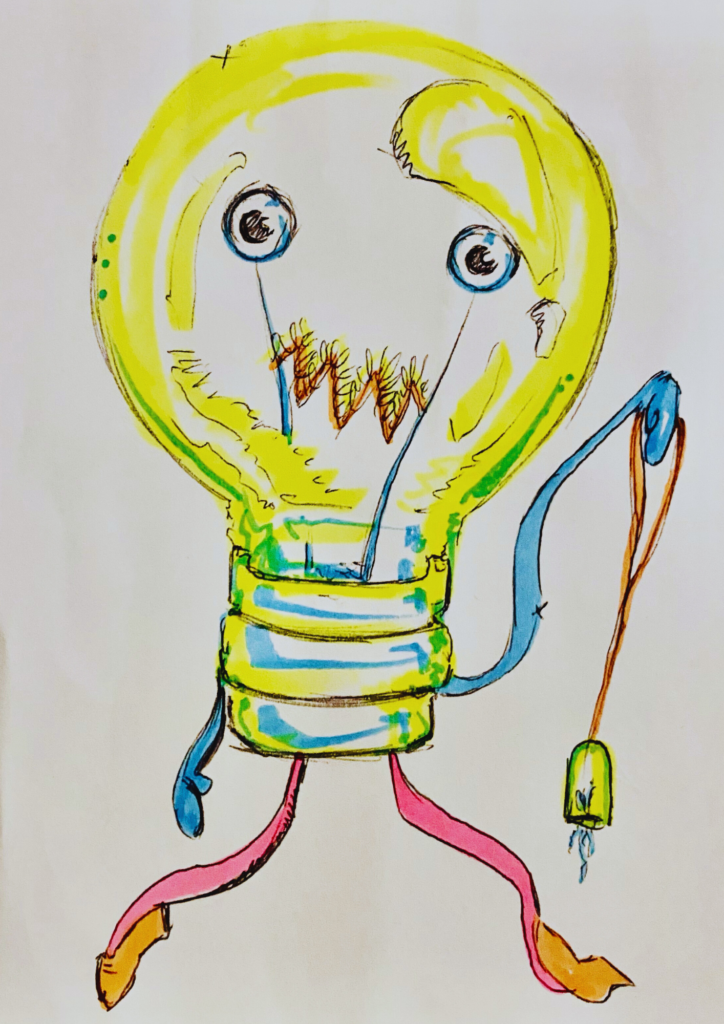
The story is an overview of my personal experience during “Who? What? Where? When? Why? How? Fostering Critical Thinking in Youth” , an Erasmus+ youth work project organised by RPJA Youth NGO in Clermont-Ferrand (France) during September 11-18, 2023. First course was about “In-Depth Exploration of the Notion of Critical Thinking”, while the second is about “Concrete Tools to Beef Up Your Critical Thinking” and will take place in Istanbul (Turkey) in Feb/Mar 2024.
My deepest gratitude goes to fellow participants Alina, Amaia, Andreas, Bers, Enes, Florin, Kiki, Kristian, Lesia, Lola, Marina, Mehmet, Mota, Nathalie, Sabela, Serap, Sorina, Taha, Veli and Yiorkos. Your kindness, presence and curiosity brought this course to life and our critical thinking skills to a whole new level! Your energy and stories inspired me to think, feel, act and ultimately write better about our experience together.
A big thank you to Atef Khemiri and Ivana Host, our generous facilitators, for supporting us navigate such a complex topic like critical thinking. You fostered a connected, free-spirited and open environment to express! The clear learning structure, relevant content, active listening and supportive outdoor experiences were priceless to process the information! Also, thank you for choosing us for this program, out of the 781 high-quality profile applications – I think my heart skipped a beat reading this. Also, thank you Rachid Boumallassa for sharing the forest, the lake, the travels, the vibe at the anniversary party, the love for people and so may types of tasty cheese that I haven’t even had the time to count or photograph. Your energy was insatiable!
…
For those of you still reading this, I want to share below some personal reflections after this course on how to develop critical thinking, first in ourselves and then in others.
Considering the complexity of the topic, during the following weeks I will publish a few more technical articles related to my coaching profession and interest in fostering critical thinking for SELF-Leadership.
So, here are my Notes to SELF:
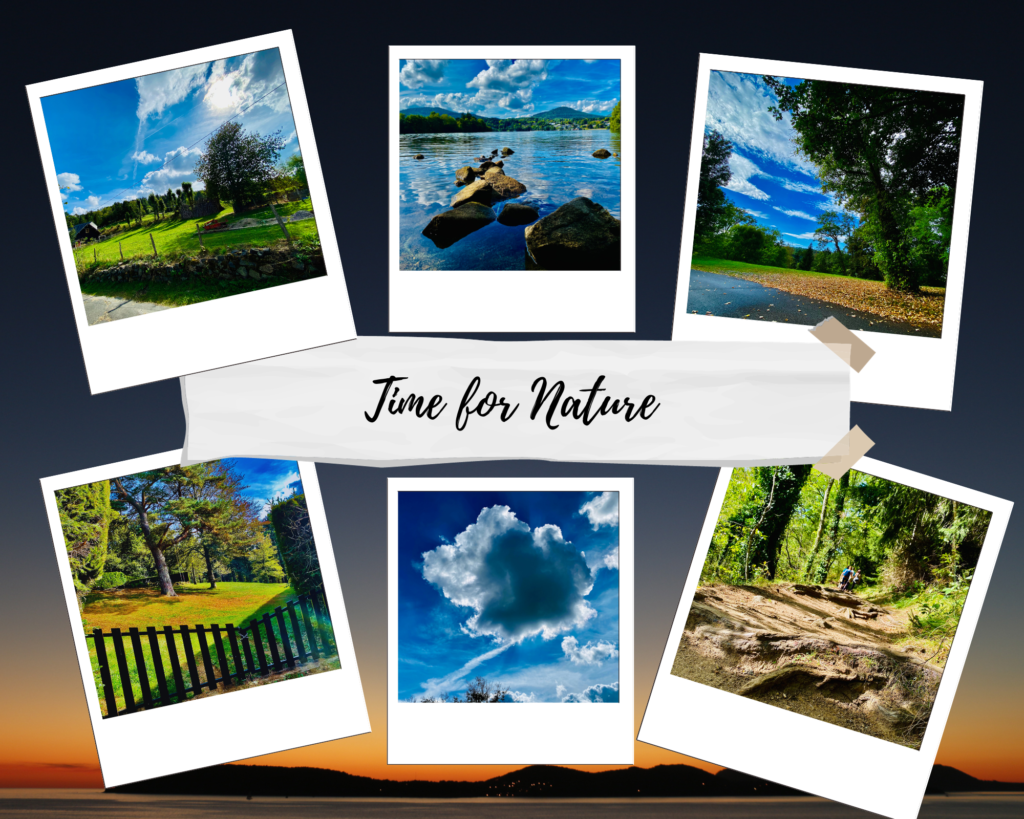
- Life is all about you. And not at all about you.
Get into your head – slow down; speak science, research, learn; find out your nature, what triggers and activates your patterns of thinking and doing; keep open to change deliberately
Get out of your head – shake it off; hug a tree, move to relax your nervous system; nurture your self with uplifting habits, people, places; question like an explorer: what if? what else?
Build an environment that nurtures you – honour your roots, expand your awareness and help your nature nurture fresh outcomes
- Lift your spirit higher than you ego
Feed on the diversity in yourself and others – be gentle, accept who you are with an open heart, suspend self-judgement or criticism; be aware of the greatness of the world
Turn your ego into an echo – allow your true self to be seen, felt and heard by others; befriend with feedback; bring your authenticity to the table; ask yourself critical/ important questions
Turn random connections into an experience – give others your best self and generously witness them grow their best too; have fun in the process!
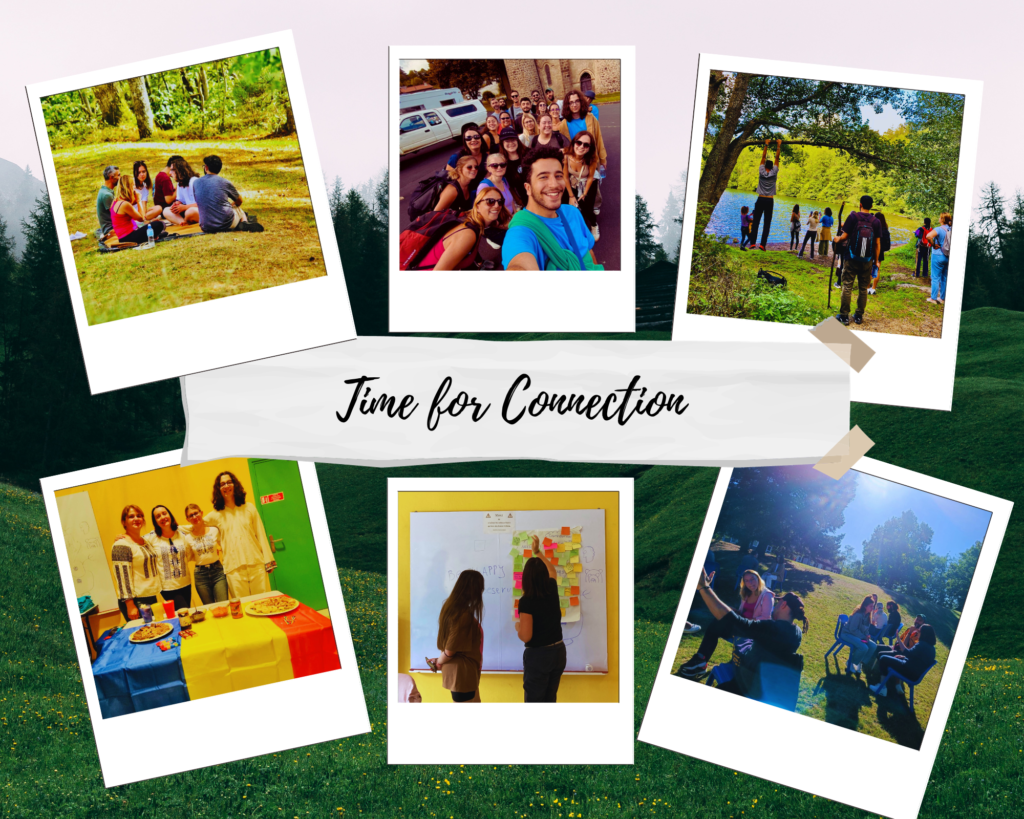

- Feeling small helps you think big
Travel solo – deliberately choose new journeys; travel places, live people, embody mindsets; let go; be bold; try new foods; act small; prepare for the unexpected
Take time to create space to think – live mindfully; plan “me time” rigorously and stick to it; live in awe; question until reasonably satisfied; reflect deeply
Surrender your nature – become aware of your likes and dislikes; take in one bite at a time; be present; remember everything is temporary; express gratitude
- Play. Share. Learn
Get lost – take a chance, walk unusual paths; dress funny; speak unfamiliar languages; listen random songs; explore taboos; open up challenging conversations; dream actively, with your eyes open
Give yourself the gift of surprise – leave one shelf in your drawer empty; plan nothing; ask more questions than give answers; play new games or by new rules; start your journey with the beginner’s mindset
Move freely – hold your ground; laugh out loud; dance freely; stay; don’t jump to conclusions, walk through them; be present; leave at your own will
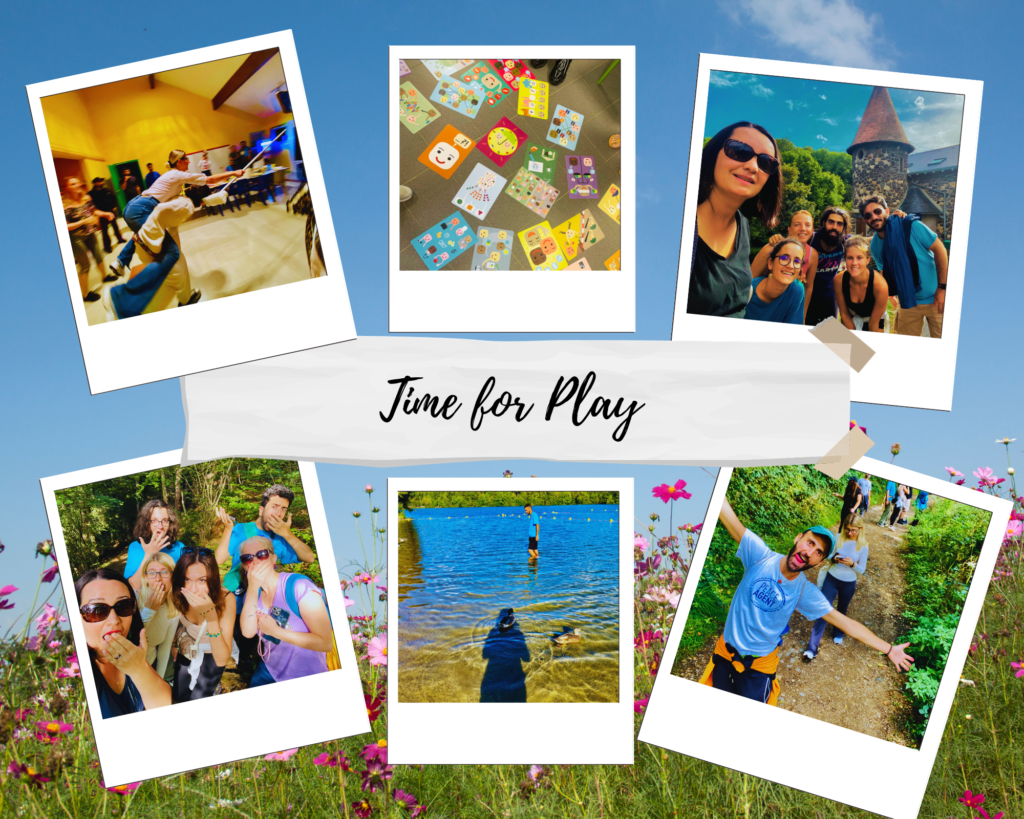
Fostering critical thinking is an act of deliberate, intentional waking up. If you hit the snooze button instead of getting straight up in the morning, it’s okay. Just be aware of it. You may need more “me time”, dreaming deeper or feeling longer before actively crossing the threshold.
Our next Erasmus+ adventure awaits: “Concrete Tools to Beef up Your Critical Thinking” in 2024 in Istanbul!
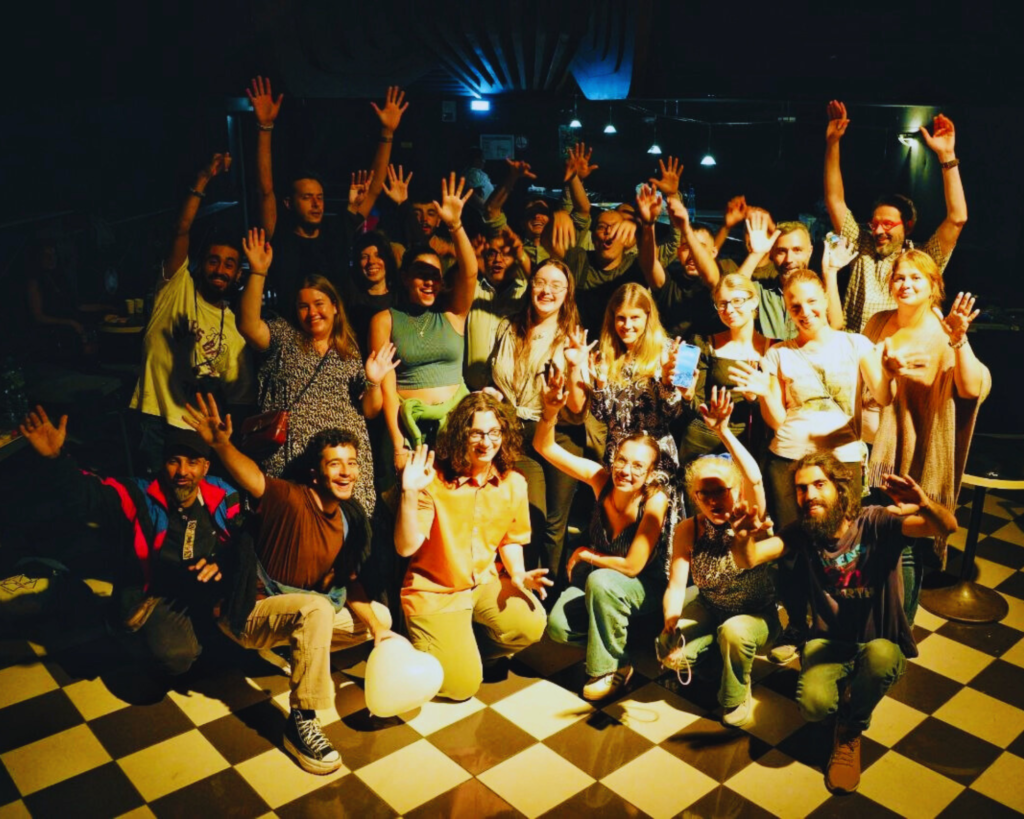
* Visuals: personal and collective archive + spontaneous hand-drawings during the course by free-thinking artist Mota Curtiço. Title of the article is inspired by the lyrics of Good Life by musician Zhu.
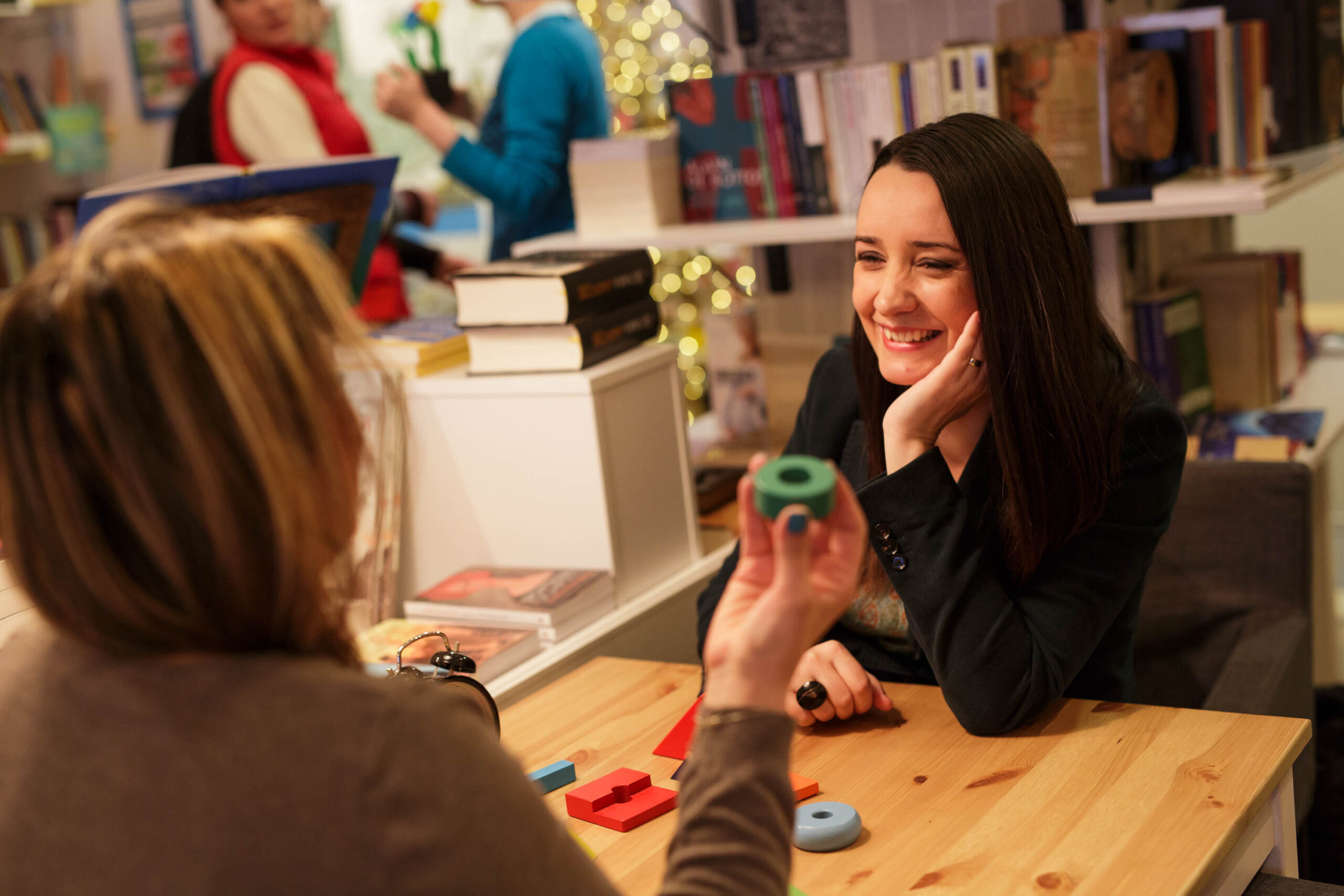
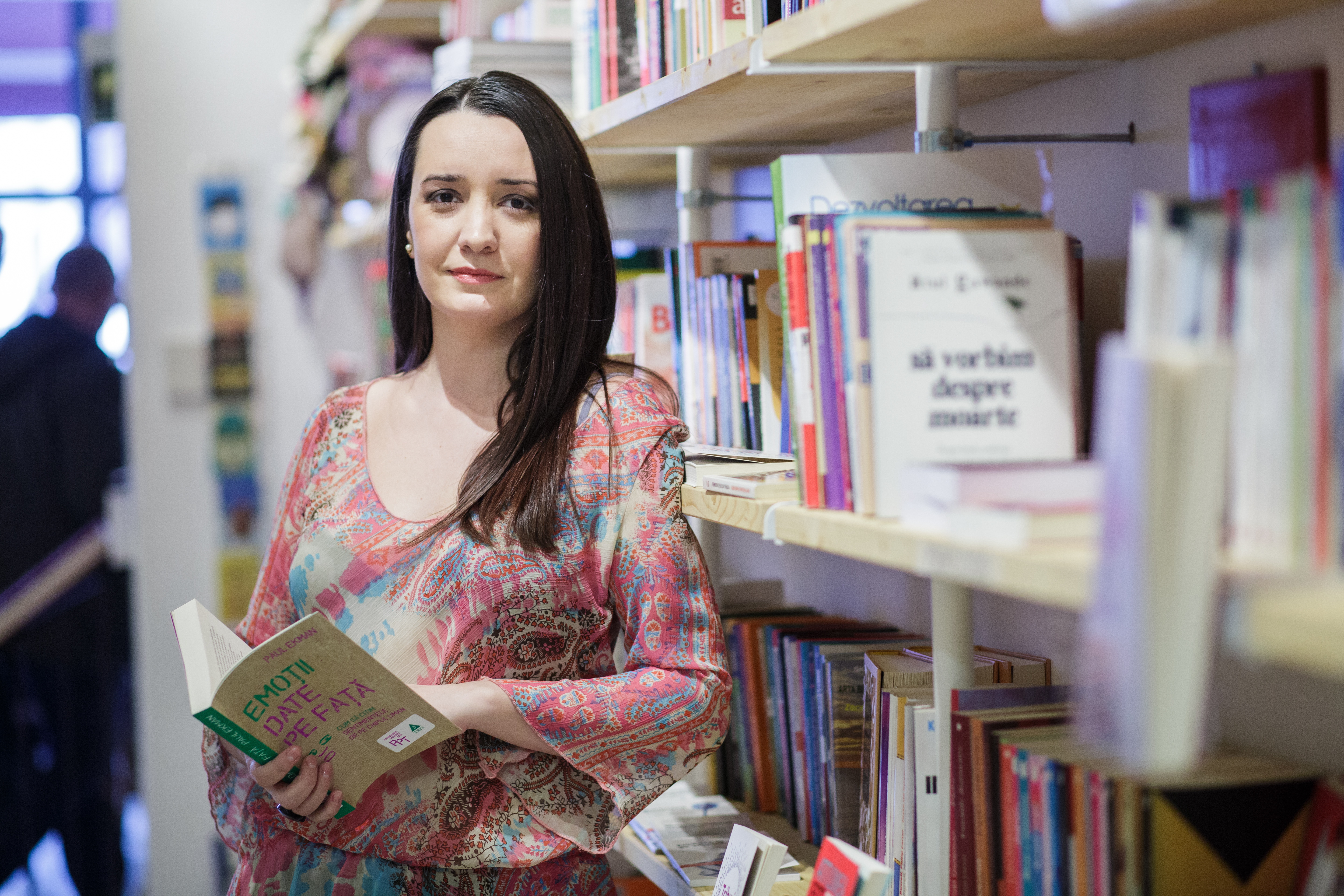
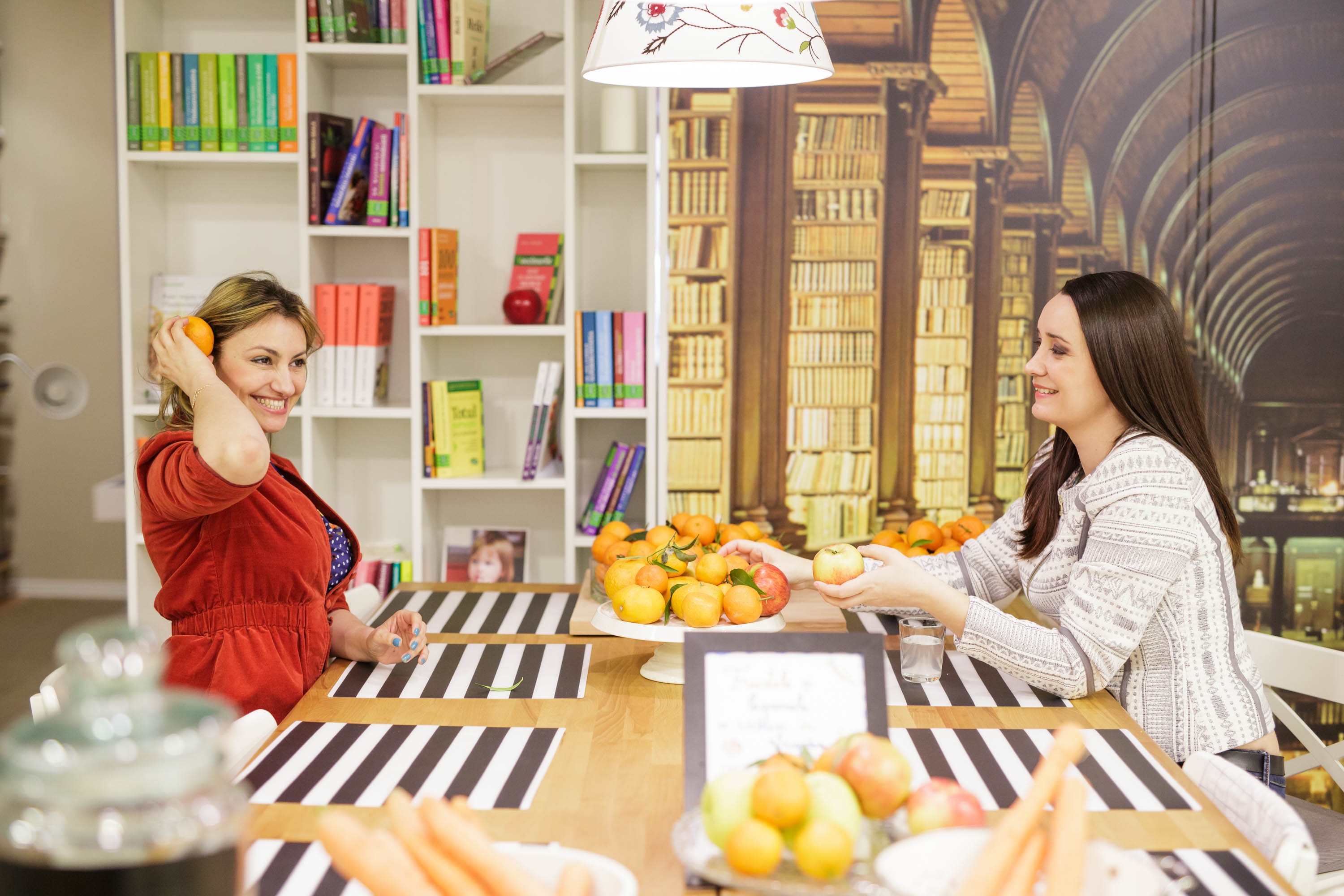
One thought on “Life is all about you. And not at all about you. How To Foster Critical Thinking In Yourself and Others”
Comments are closed.